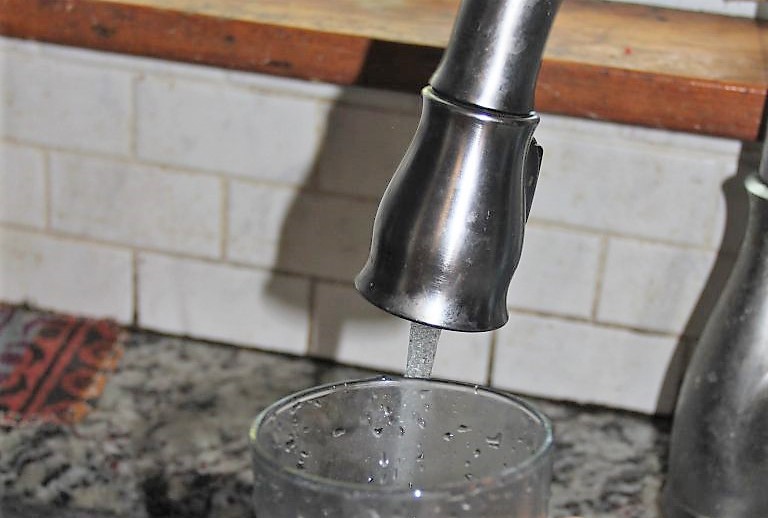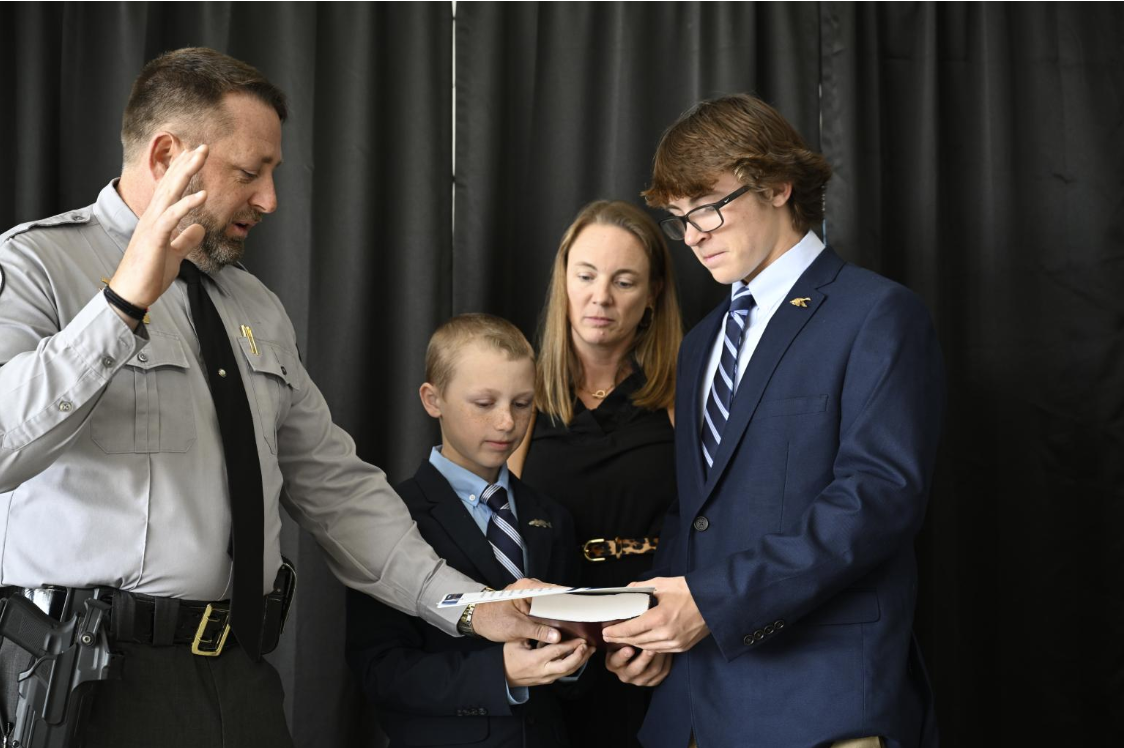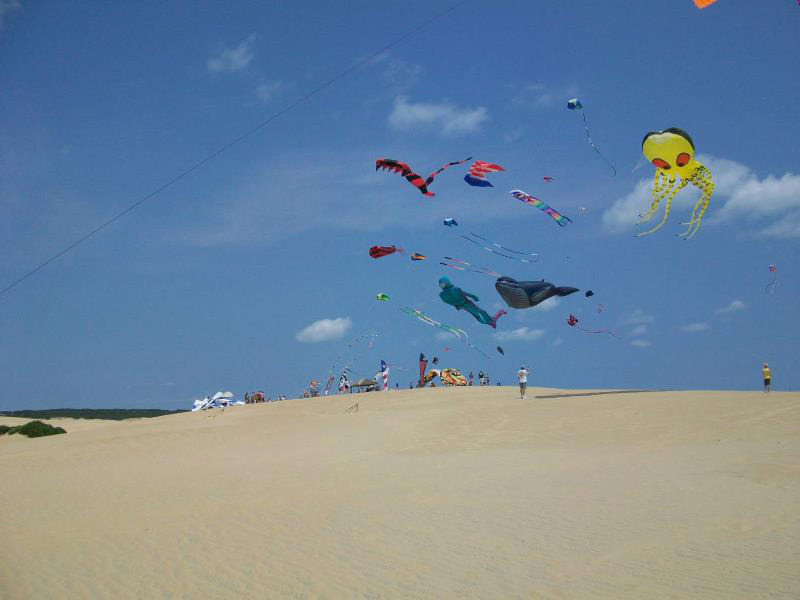
North Carolina Sea Grant is set to work with Sea Grant programs in Connecticut and New Hampshire to study contaminants of emerging concern in coastal and freshwater environments.
Residues of products often found in pharmaceuticals, personal care products, household cleaning products, industrial chemicals and plastic microfibers are the kinds of contaminants that are found more and more in surface and groundwater, posing risks to drinking water and wildlife. Short- and long-term effects of these contaminants, however, are not yet well understood.
Supporter Spotlight
A federal grant of $850,000 for the Sea Grant programs to study these contaminants is one of three announced on Sept. 13 by the National Sea Grant office focusing on freshwater systems management, Connecticut Sea Grant officials said this week. The other two grants were awarded to New Jersey Sea Grant Consortium and to a collaboration of the Illinois-Indiana, Minnesota and Pennsylvania Sea Grant programs.
Natural and social science approaches will be invited to participate in the project that will look at the science around the contaminants to help identify areas in need of further study, significant potential risks and possible mitigation strategies.
Environmental justice considerations are to be factored into the project, in recognition that underserved communities are often those most greatly affected. The work will also involve outreach to educate the public about the issue and how people can reduce their own contributions to contaminants in the environment, officials said.
“Sea Grant’s latest investments demonstrate our commitment to address knowledge gaps to improve the management of freshwater resources at the interface of both coastal and Great Lakes environments,” said National Sea Grant College Program Director Jonathan Pennock in a statement. “These initial efforts will identify the key challenges and inform strategies to be implemented by the Sea Grant network related to contaminants of emerging concern, runoff pollution and flood resilience.
Katie Mosher, communications director for North Carolina Sea Grant, told Coastal Review Thursday that the principle investigators include two from North Carolina Sea Grant: Susan White, executive director, and Frank López, extension director,
Supporter Spotlight
White and López also each have leadership roles for North Carolina’s Water Resources Research Institute, and can draw upon existing partnerships for both programs in the state and nationally. White also has experience as director of a federal lab that had a focus on human health and environmental connections.
López is to lead the development of a “community of practice” that will include extension specialists across the Sea Grant network and other key partners. Regional workshops are planned for training and discussion.
“This could be a new national focus for the Sea Grant network. It is exciting to be helping to lead this effort, one that also can bring direct impacts for our state,” López said.







